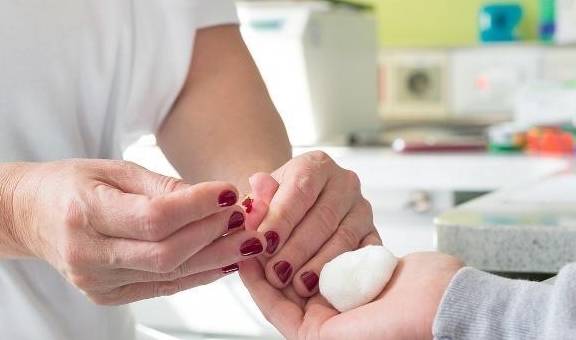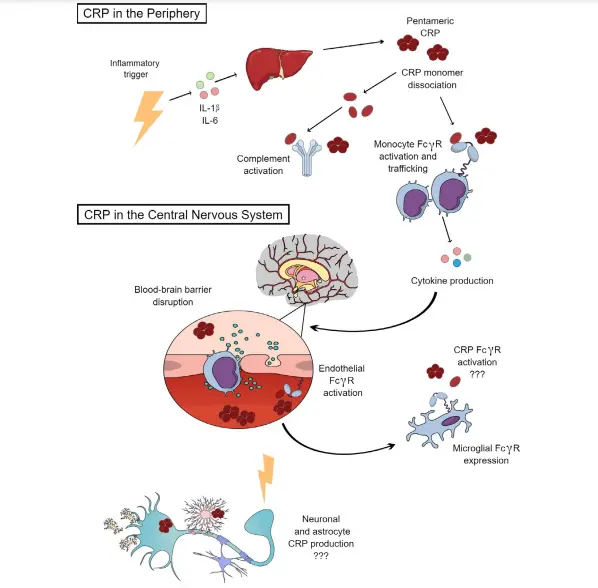What is the relationship between blood type and type 2 diabetes?

In a new study, researchers from France have explored how a person’s risk of developing type 2 diabetes may be influenced by their blood type.According to the team, past studies have investigated the relationship between blood type and stroke and found that people with blood type AB were at higher risk.In one study that found this association, the researchers noted that people with blood type AB also had a higher number of cases of diabetes.Other studies, albeit small, have reported similar findings. This led them to look at the link between blood type and diabetes in a larger cohort.
The researchers analysed data from 82,104 women from the French E3N study, a cohort of nearly 100,000 female teachers that began in 1990.
Based on the analysis of health questionnaires completed by the women, the team identified 3,553 women diagnosed with type 2 diabetes between 1990 and 2008. blood samples from the women were collected between 1995 and 1997.
Women with blood type B+ had a 35 per cent higher risk of developing type 2 diabetes.
The analysis showed that women with blood type A were 10 per cent more likely to develop type 2 diabetes than women with blood type O, while women with blood type B were 20 per cent more likely to develop the blood type.
Type 2 diabetes is the most common form of diabetes. It occurs when the pancreas is unable to use insulin effectively, resulting in high blood sugar.
Type 2 diabetes is more common in African Americans, Latinos, Native Americans and Asian Americans/Pacific Islanders.
Women with blood type AB were found to have a 17 per cent higher risk of developing type 2 diabetes than those with blood type O, but the researchers said the results were “not statistically significant”.
The team then assessed the risk of diabetes in women by using the rhesus factor, which is present in the blood of rhesus antigens.
However, they found no difference in the risk of type 2 diabetes between Rhesus-positive (R+) and Rhesus-negative (R-) patients.
Next, the team assessed the risk of type 2 diabetes by a woman’s blood type (A, B, AB or O) and rhesus factor.
Each possible combination was compared to blood group O-negative (O-), as it is classified as a universal blood group because it does not have type A, B or rhesus antigens.
The researchers found that women with blood type B positive (B+) were 35% more likely to develop type 2 diabetes than women with blood type O-.
Women with blood type AB+ had a 26 per cent higher risk of developing type 2 diabetes, those with blood type A- had a 22 per cent higher risk and those with blood type A+ had a 17 per cent increased risk.
The team said their findings for blood types O-, B- and AB- were not statistically significant.
Commenting on their results, the researchers said that the findings support a strong relationship between blood type and diabetes risk, with participants with blood type O having a lower risk of developing type 2 diabetes.
Therefore, the effect of blood type should be studied in future clinical and epidemiological studies of diabetes.
Further pathophysiological studies are needed to determine why individuals with blood type O have a lower risk of developing type 2 diabetes.
However, the team suggested a number of potential factors that might explain their findings.
For example, they point out that blood type is associated with specific molecules associated with type 2 diabetes. Another study correlated blood type with gut bacterial composition, which could be linked to type 2 diabetes.
What blood type are you? Caring for your health starts with knowing your blood type.



